Introduction
Can Pigeons Eat Almonds: Feeding pigeons is a common activity in urban spaces, where these birds often coexist with humans. While breadcrumbs are a popular choice for many bird enthusiasts, questions arise about the suitability of alternative foods, such as almonds, for our feathered friends. Almonds are known for their nutritional value, packed with essential nutrients like protein and healthy fats. However, when it comes to pigeons, their digestive systems and dietary needs differ from humans, prompting the need to explore whether almonds are a safe and beneficial addition to their diet.
Understanding the dietary habits of pigeons is crucial before introducing unconventional food items like almonds. Pigeons are primarily seed eaters, with a diet that includes grains, seeds, and small insects. Almonds, being a type of nut, pose potential challenges due to their hard texture and higher fat content. While certain nuts can be a valuable source of nutrition, it’s essential to examine whether pigeons can efficiently process and derive benefits from almonds or if these might lead to digestive issues or other health concerns.
In this exploration of whether pigeons pet can eat almonds, we delve into the nutritional aspects of almonds, the digestive capabilities of pigeons, and expert recommendations to ensure the well-being of these avian companions. As we seek to strike a balance between providing diverse and nutritious food for pigeons and safeguarding their health, unraveling the mystery of almonds as a potential dietary component adds a layer of understanding to the multifaceted relationship between humans and these urban-dwelling birds.

Can pigeons eat almonds?
Yes, birds can and most often eat cooked or roasted almonds if they are roasted without salt or additional flavoring. However, raw almonds tend to have a better nutritional value.
While pigeons can technically eat almonds, it’s important to be cautious about offering them in large quantities or as a staple in their diet. Almonds are hard and can be challenging for pigeons to digest, especially if not broken into smaller, more manageable pieces. Additionally, almonds are relatively high in fat, and a diet excessively rich in fats may not be suitable for pigeons.
In their natural environment, pigeons primarily consume seeds, grains, and small insects. These foods provide the necessary nutrients for their well-being. If you want to offer almonds to pigeons, it’s advisable to provide them in moderation and ensure they are finely crushed or chopped to make them more accessible for the birds. However, it’s generally better to stick to a diet that closely resembles their natural food sources to promote their overall health.
Always observe the pigeons’ response to new foods and, if possible, consult with avian experts or veterinarians for specific dietary recommendations to ensure that any additions to their diet are safe and beneficial for their health.
What nuts are good for pigeons?
Peanuts are much higher in protein than maize, for example, or wheat. As a source of fat protein, peanuts are also ideal feed for the young, nest raised pigeons. The make-up of a peanut is similar to that of crop milk, which consists of fat and protein only.
Pigeons can enjoy a variety of nuts in moderation as part of a balanced diet. Some nuts that are generally considered safe for pigeons include:
Peanuts (unsalted and without shells): Peanuts are a good source of protein and healthy fats. Ensure they are unsalted and free from any added seasonings. Feeding them without the shell is also advisable.
Walnuts (in moderation): Walnuts are rich in omega-3 fatty acids, which can be beneficial for pigeons. However, due to their high fat content, it’s best to offer them in moderation.
Pine nuts: These are small and soft nuts that pigeons can easily consume. They are a good source of nutrients.
Sunflower seeds (without shells): Pigeons often enjoy sunflower seeds, which are high in protein and healthy fats. Ensure they are unsalted and without shells.
Pumpkin seeds (without shells): Pumpkin seeds, also known as pepitas, are a nutritious and easy-to-digest option for pigeons.
It’s crucial to remember that while nuts can be a part of a pigeon’s diet, they should not constitute the majority. Pigeons have a diverse diet in the wild, including seeds, grains, and small insects. Offering a balanced and varied diet is key to their health. Always feed nuts in moderation and observe how the pigeons respond to new foods. If you have any concerns or questions about their diet, consulting with avian experts or veterinarians is recommended.
Are almonds okay for birds?
Can Birds Eat Almonds? Here’s the Scoop on These Tasty Nuts
Raw almonds are typically safe for birds to consume. But it is important to avoid giving birds any nuts that have been salted, or which have other ingredients added that could pose a risk to avian visitors in your garden.
Almonds can be okay for some birds, but it’s important to be cautious and mindful of certain factors. Almonds are hard and can be difficult for some birds to digest, and they are relatively high in fat. Additionally, the outer shell of almonds can pose a choking hazard.
If you want to offer almonds to birds, it’s advisable to take the following precautions:
Break or chop the almonds into small pieces: Breaking or chopping almonds into smaller, more manageable pieces makes them easier for birds to eat and reduces the risk of choking.
Offer almonds in moderation: While almonds provide essential nutrients like protein and healthy fats, they should be given in moderation. A diet excessively high in fat may not be suitable for some bird species.
Avoid salted or flavored almonds: Salted or flavored almonds can be harmful to birds. Stick to unsalted and unflavored varieties to ensure the birds’ well-being.
Observe the birds’ response: Pay attention to how the birds respond to almonds. If you notice any adverse reactions or if they seem to struggle with eating them, it’s best to reconsider or offer alternative foods.
Is it OK for pigeons to eat nuts?
Their diet also demands protein and fat to remain healthy, whether that’s from nuts, fruits or other animals. They do not have a “favorite food” but they enjoy eating seeds, nuts and vegetables more than anything else.
Pigeons can eat certain types of nuts as part of their diet. Nuts can provide a good source of protein, healthy fats, and other essential nutrients. However, it’s important to be mindful of a few considerations:
Choose unsalted nuts: Salted nuts can be harmful to pigeons, as excessive salt intake can lead to health issues. Always opt for unsalted varieties.
Offer nuts in moderation: While nuts can be nutritious, they are also calorie-dense and high in fat. Feeding nuts in moderation is key to maintaining a balanced diet for pigeons. Too many nuts in their diet might lead to an imbalance and potential health problems.
Ensure nuts are small and manageable: Pigeons may have difficulty handling large or hard nuts. Breaking or chopping nuts into smaller pieces makes them more accessible for pigeons to eat.
Variety is important: While nuts can be a part of a pigeon’s diet, it’s crucial to provide a diverse range of foods. Pigeons in the wild consume seeds, grains, and insects, so offering a mix of these along with nuts ensures a more balanced and natural diet.
What pigeons don’t eat?
Other foods pigeons don’t like include peanuts in the shell, suet and mealworms. Using Different Feeders – Going for smaller feeders or those with smaller perches will deter pigeons since they can’t get the food easily. We recommend a squirrel proof feeder which will keep a range of bigger animals away.
Pigeons are generally adaptable birds and can consume a variety of foods. However, there are certain items that are best avoided in a pigeon’s diet. Here are some things that pigeons typically don’t eat or should be avoided:
Processed Foods: Pigeons are not adapted to eat highly processed or junk foods. These can lack essential nutrients and may contribute to health issues.
Salty Foods: Pigeons should not be given foods high in salt, as excess salt can lead to health problems for them.
Caffeine and Chocolate: Just like for many pets, caffeine and chocolate can be toxic to pigeons. These items should be kept away from them.
Avocado: Avocado contains a substance called persin, which can be toxic to birds. It’s best to avoid feeding pigeons avocados.
Alcohol: Alcohol is harmful to birds, and pigeons should never be given any alcoholic beverages.
Spoiled or Moldy Food: Pigeons should not be fed spoiled or moldy food, as this can lead to health issues.
Large or Hard Seeds: Pigeons may struggle to consume large or hard seeds, so it’s better to offer seeds that are appropriately sized and easily digestible.
Dairy Products: While some birds can tolerate small amounts of dairy, pigeons are not adapted to digest dairy products well. It’s safer to avoid giving them milk or other dairy items.
Do doves eat almonds?
You also can grind peanuts, cashews, Brazil nuts, almonds, or walnuts with the bread and/or a small amount of nearly any fruit or vegetable that you eat yourself. (Don’t use avocados.) I often give my doves grated cooked sweet potato, regular potato, or canned or cooked fresh beet.
Doves, like pigeons, belong to the family Columbidae and share similar dietary habits. Doves are generally seed-eating birds, and they can eat almonds in moderation. However, there are some considerations to keep in mind:
Size and Texture: Almonds are relatively hard, and doves may have difficulty breaking them down if they are whole. It’s advisable to offer almonds in smaller, crushed, or chopped pieces to make them more manageable for doves.
Unsalted and Unflavored: Just like with pigeons, it’s essential to provide unsalted and unflavored almonds to doves. Salted or flavored almonds can be harmful to their health.
Moderation is Key: While almonds can be a nutritious addition to their diet, it’s important not to overfeed. Almonds are calorie-dense and high in fat, and an excessive amount may lead to an imbalanced diet.
Dietary Variety: Doves, in their natural environment, consume a variety of seeds and grains. While almonds can be part of their diet, it’s essential to offer a diverse range of foods to ensure they receive a balanced and complete nutrition.
Can pigeons eat rice?
It is just fine to feed wild birds uncooked rice
Larger birds such as doves and pigeons eat rice as a whole grain, but their esophagus is much larger. Breeding birds are expected to bring only a small amount of rice to the chicks anyway. Parent birds switch to a high-protein diet while raising the young in the nest.
Pigeons can eat rice, and it is a common and safe food for them. In the wild, pigeons often consume grains and seeds, and rice is a type of grain. However, there are some considerations to keep in mind:
Cooked and Unseasoned: It’s best to offer pigeons cooked rice without any added seasonings or salt. Seasonings like garlic, onion, or salt can be harmful to them.
Moderation: While rice is a suitable addition to a pigeon’s diet, it should be part of a well-balanced and varied diet. Pigeons eat a diverse range of foods in their natural environment, so providing a mix of seeds, grains, and other suitable foods is important.
Whole Grains: Whole grains, including brown rice, can provide additional nutritional benefits compared to refined white rice. They contain more fiber and nutrients.
Soaking or Softening: Some people choose to soak rice before offering it to pigeons to make it softer and easier for them to consume. This is optional but can be beneficial, especially if you’re feeding pigeons in an urban setting.
Always observe the pigeons’ response to new foods and ensure that any additions to their diet are given in moderation. If you have specific concerns about the diet of pigeons or want to ensure that you are providing the best nutrition for them, consulting with avian experts or veterinarians is recommended.
What are 3 things pigeons eat?
Pigeons have a broad diet in their natural environments, which includes seeds, grains, fruits, and insects. Depending on where they live, they might also eat leaves and flowers from plants. They are very flexible and can find food in many different places, which allows them to live in different environments.
Pigeons have a varied diet that includes a mix of seeds, grains, and certain small food items. Here are three things commonly found in a pigeon’s diet:
Seeds: Pigeons are seed-eating birds, and their diet often includes a variety of seeds such as sunflower seeds, millet, and safflower seeds.
Grains: Grains like wheat, barley, and corn are staple components of a pigeon’s diet. These grains provide essential carbohydrates and nutrients.
Insects and Small Invertebrates: While the primary focus of their diet is on seeds and grains, pigeons also consume small insects and invertebrates, especially during the breeding season when they may need additional protein.
These three components make up the core of a pigeon’s natural diet. In urban environments, pigeons may also consume human-provided food scraps, such as bread, though it’s important to ensure that any supplementary food is safe and suitable for their health. Offering a mix of these natural food sources helps ensure a balanced and nutritious diet for pigeons.
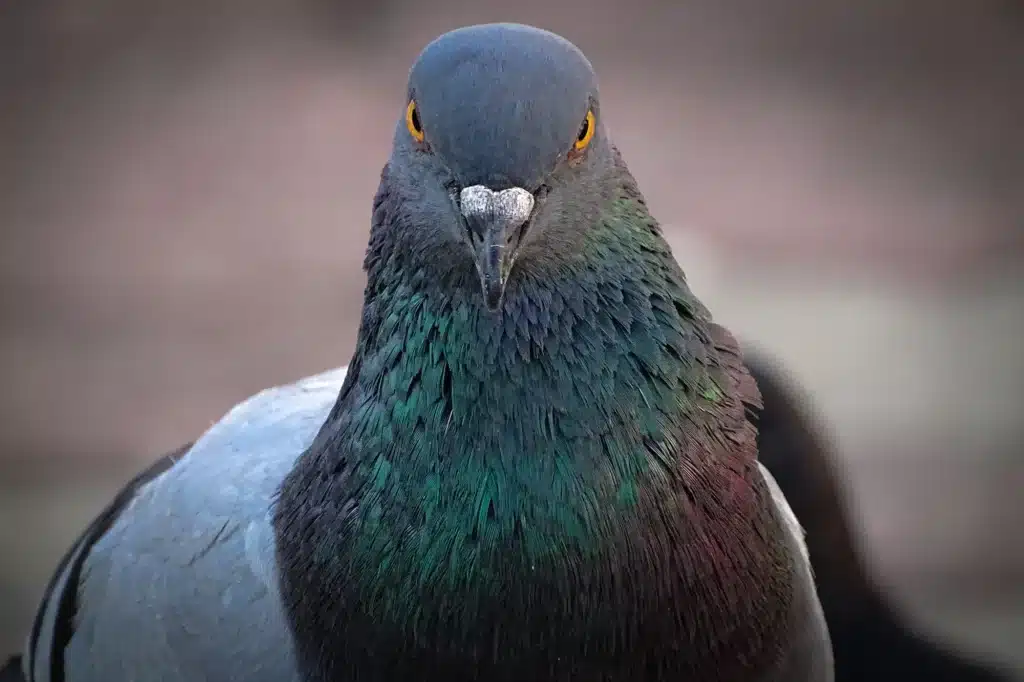
Conclusion
The question of whether pigeons can safely consume almonds involves a nuanced consideration of their dietary needs and digestive capacities. While almonds boast nutritional richness, including protein and healthy fats, the hard texture and higher fat content of these nuts may present challenges for pigeons. The natural diet of pigeons, consisting primarily of seeds and grains, emphasizes the importance of aligning supplemental foods with their evolutionary preferences and digestive capabilities. As responsible caretakers of urban wildlife, it becomes imperative to strike a balance between offering diverse nutritional options and ensuring the well-being of pigeons by steering clear of potential hazards associated with unconventional foods like almonds.
Understanding the complexities of avian nutrition provides valuable insights into fostering harmonious interactions between humans and pigeons eat. This exploration into the suitability of almonds as part of a pigeon’s diet sheds light on the importance of informed decision-making when it comes to feeding these birds. While almonds may be a treat enjoyed by humans, prudence and care are essential in offering foods to pigeons that align with their natural dietary inclinations. By maintaining this delicate equilibrium, we contribute to the overall health and welfare of urban pigeon populations, fostering a more compassionate coexistence between our species and these feathered denizens of our shared environments.

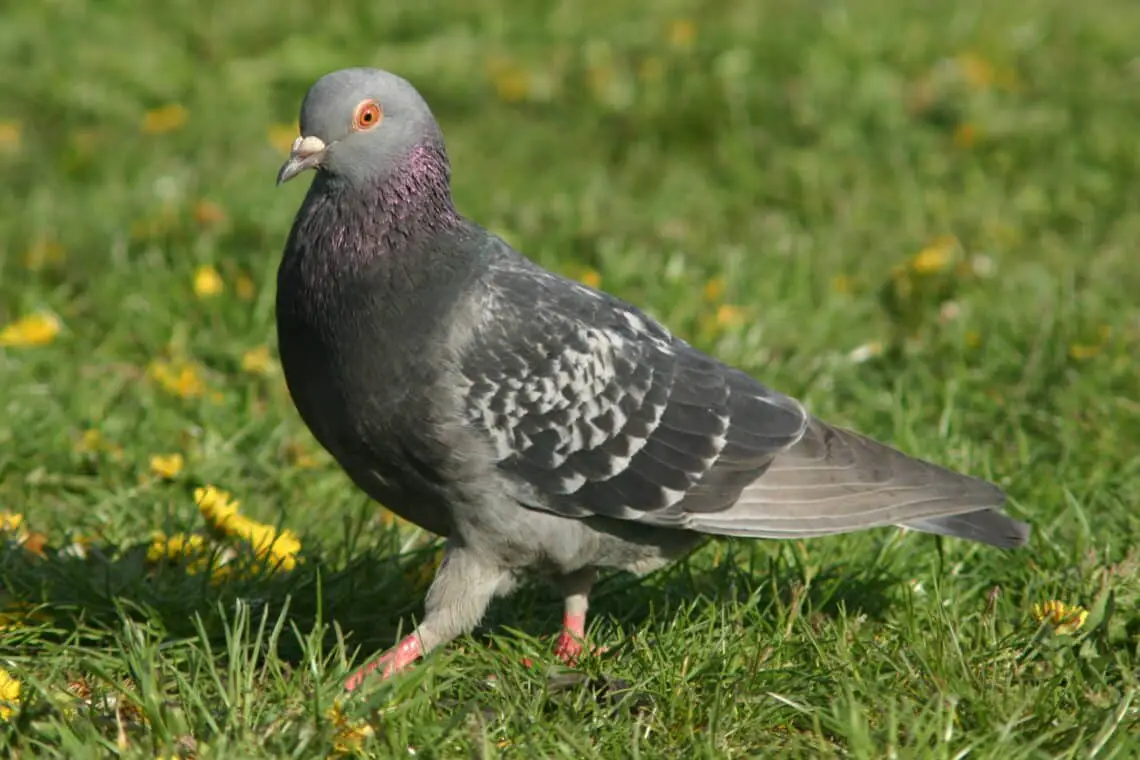
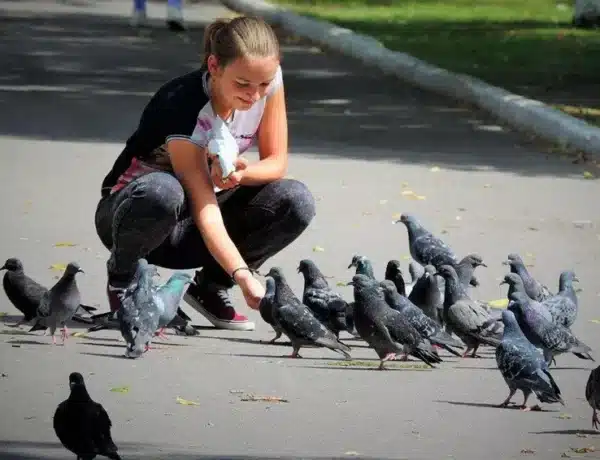
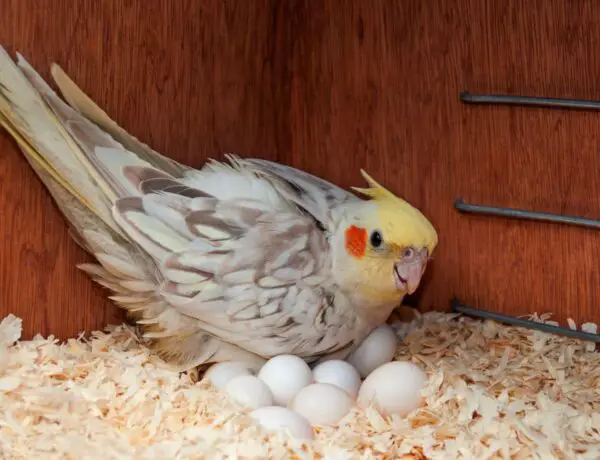
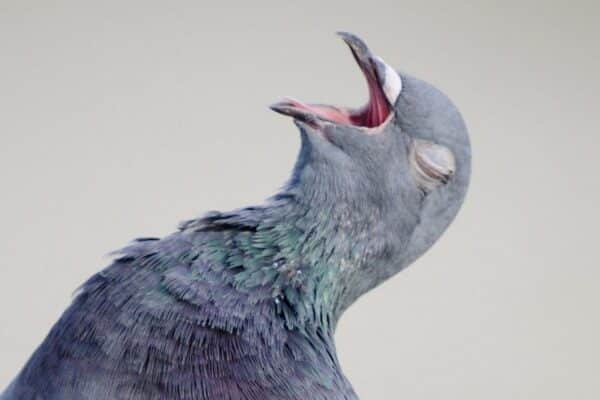
No Comments